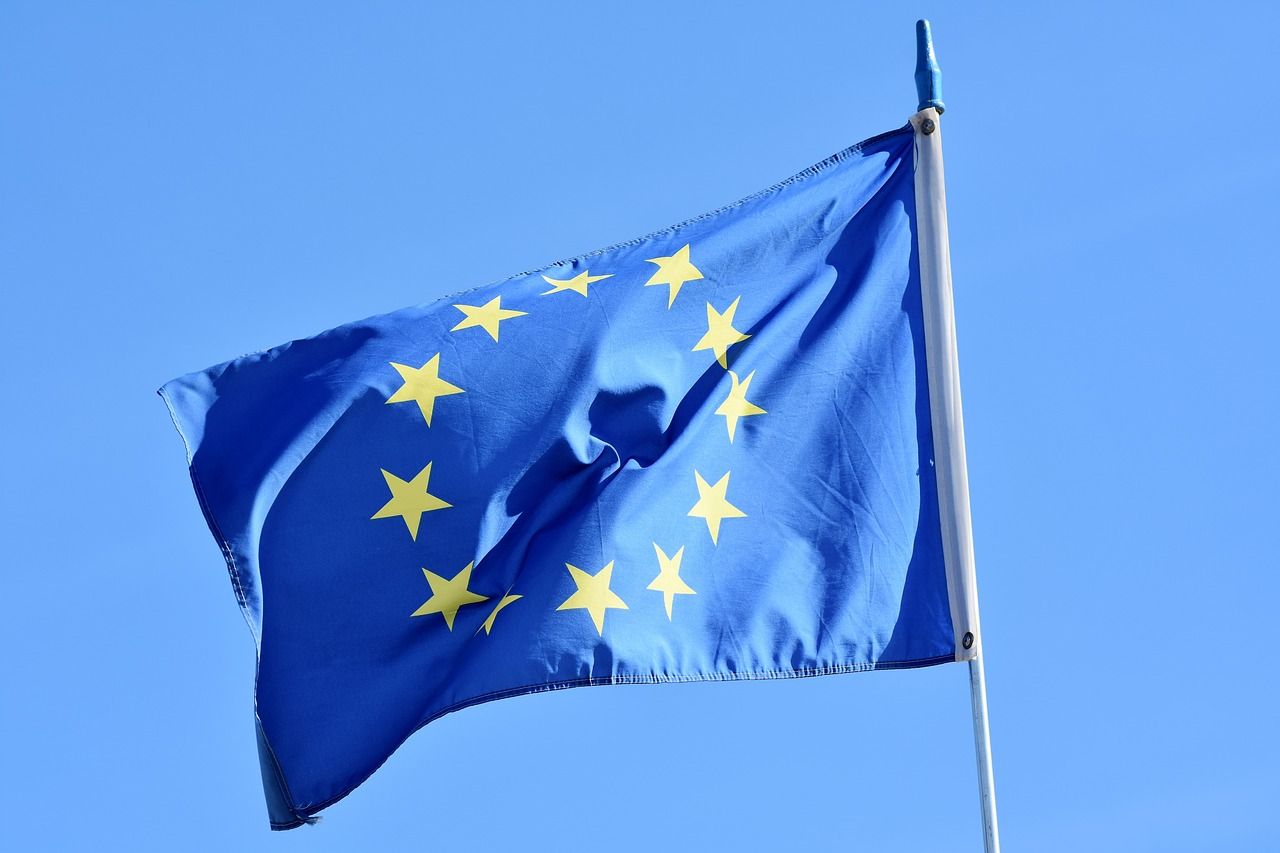The EU is stepping up its efforts to combat child sexual abuse. Representatives of the EU Member States agreed today on the Council’s position on a Regulation to prevent and combat child sexual abuse.
Once adopted, the new regulation will establish obligations for digital companies to prevent the dissemination of child sexual abuse material and grooming. National competent authorities will have the power to oblige companies to remove content and block access to it or, in the case of search engines, to delist it. The Regulation also creates a new EU agency, the EU Child Sexual Abuse Centre, to support Member States and online service providers in the implementation of the Regulation.
Risk assessment and risk reduction
Under the new rules, online service providers will be required to assess the risk of their services being misused for the dissemination of child sexual abuse material or for grooming. On the basis of this assessment, they shall implement the necessary measures to mitigate this risk. Such measures will include tools to allow users to report child sexual abuse online, to control what content about children is shared and to introduce default privacy settings for child users.
Member States will designate national authorities (“coordinating authorities and other competent authorities”) to be responsible for risk assessments and risk mitigation measures and will be able to oblige providers to carry them out. In case of non-compliance, providers may be sanctioned.
Risk categories
The Council introduces three risk categories for online services. Services can be categorised as high, medium or low risk on the basis of a number of objective criteria (e.g. type of service). On the basis of this categorisation, authorities will be able to oblige online service providers considered to be high risk to contribute to the development of technologies that reduce the risks associated with their services.
Victim assistance
Online service companies should provide assistance to victims who wish to have access to child sexual abuse material in which they appear removed or disabled. To this end, victims can also request support from the EU Centre, which can, for example, check whether the companies involved have removed or disabled access to any items indicated by the victim.
Voluntary activities of providers
The Council also wants to make permanent a measure – which is currently temporary – allowing companies to search for child sexual abuse content on their services on a voluntary basis. Currently, messaging service providers, for example, can voluntarily search for such content on their platforms, report it and remove it, thanks to a derogation from certain rules specific to the electronic communications sector. Although this derogation is due to expire on 3 April 2026, in accordance with the Council’s position, it will continue to apply.
EU Centre
The new Regulation provides for the creation of a new EU agency, the EU Centre on the Sexual Abuse of Children, to support the implementation of the Regulation.
It will assess and process information provided by online service providers in relation to child abuse material identified in services, and create, maintain and manage a database of reports submitted by providers. In addition, it will support national authorities in assessing the risk that services may be used for the dissemination of child sexual abuse material.
The Centre will also be responsible for forwarding information from companies to Europol and national law enforcement agencies. It will also establish a database of child sexual abuse indicators, which companies can use for their voluntary activities.
The Council’s position does not establish the seat of the EU Centre, which will be decided jointly with the European Parliament in a separate procedure.
Next steps
Following today’s agreement, the Council can start negotiations with the European Parliament with a view to agreeing a final Regulation. The European Parliament reached its position in November 2023.
Further information: European Council







Leave a Reply